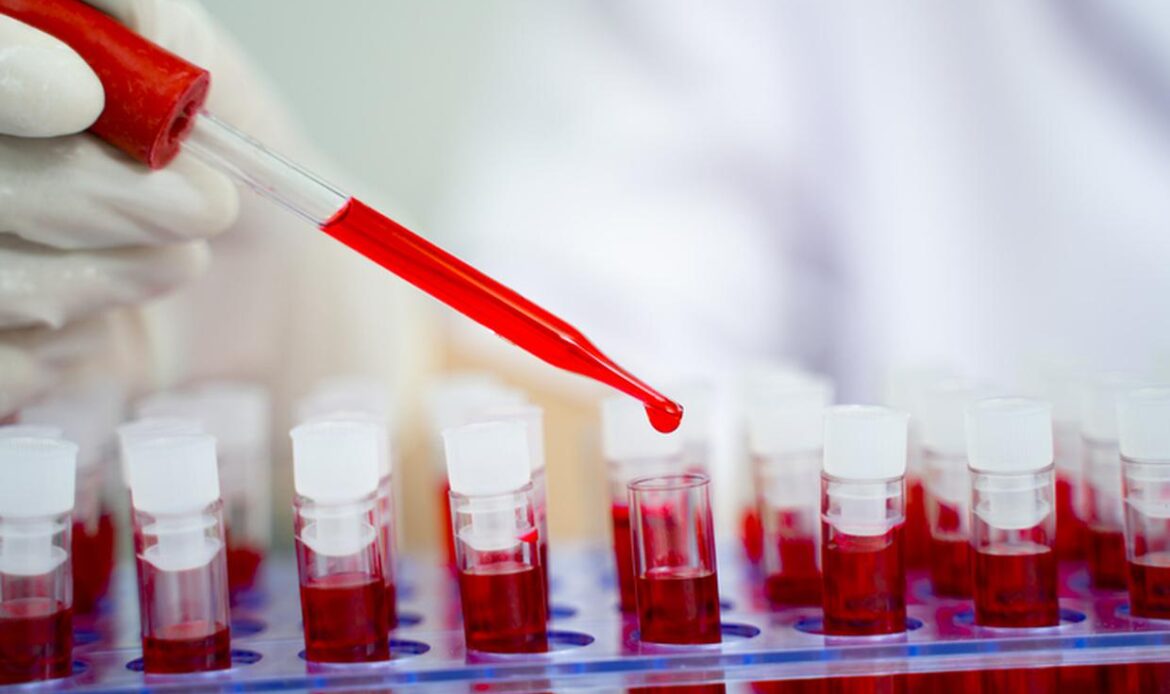
More than 800 cases of HIV have been notified in Ireland this year, the highest figure on record and more than double the number last year.
Statistics published by the Health Protection Surveillance Centre (HPSC) indicate that, as of December 21, 840 cases of HIV had been notified in 2022.
Records show that for the same period last year, just 388 cases were notified. There was a total of 401 cases in 2021.
The HPSC records newly notified cases as those who have recently acquired the virus, together with people already living with the virus and transferring their care to Ireland.
The majority of HIV diagnoses in 2022 are in people who were previously diagnosed outside Ireland. The majority of diagnoses are in people aged between 25 and 44 years.
HIV – human immunodeficiency virus – attacks the immune system by infecting a type of white blood cell that helps us fight off infections.
Around 7,500 people are estimated to be living with HIV in Ireland.
Stephen O’Hare, executive director of HIV Ireland said the increase in socialisation since the lifting of Covid-19 restrictions was a contributing factor to the “steep” rise in cases.
“We can surmise that this year we’re going to see an increase in new transmission. We’re certainly going to see an increase in newly notified cases and probably an increase in cases of unknown diagnosis,” he said.
“Some of that is from Covid and the restrictions on testing in 2020 and 2021. Before Covid, we were seeing a rise in the number of cases year on year, up until about 530 in 2019 and then they started to fall.
“A lot of that was driven by the fact that there was less testing and that brought down the numbers but also there was probably less transmission because people didn’t have the opportunity to socialise.”
Mr O’Hare said gay and bisexual men were disproportionately affected by HIV and account for roughly 55pc of newly notified cases.
The second most commonly affected group, heterosexual females, account for 29pc.
“Unfortunately, there is still a very significant stigma and shame attached to HIV, including in Ireland,” he said.

